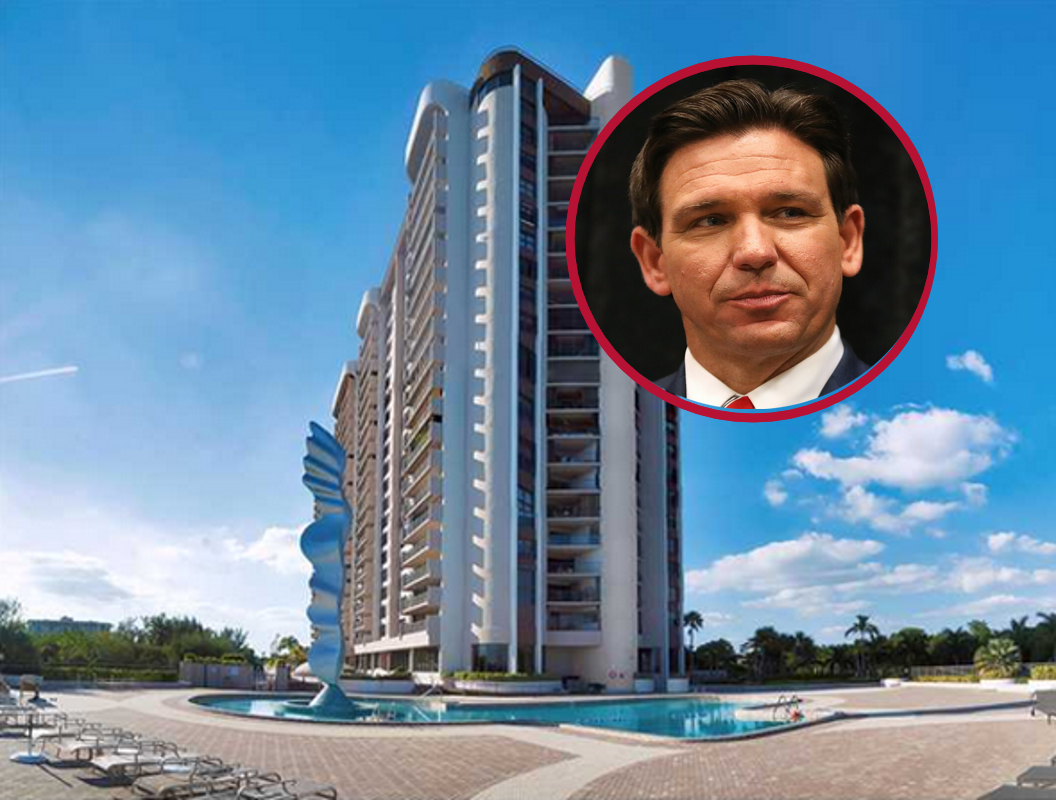The condo crisis in Florida has escalated into a full-blown predicament, raising alarms among residents, developers, and government officials. The ramifications of this crisis are multi-faceted, impacting the real estate market, local economies, and the lives of countless Floridians. The situation is a sobering reminder of the vulnerabilities inherent in Florida’s condominium infrastructure.
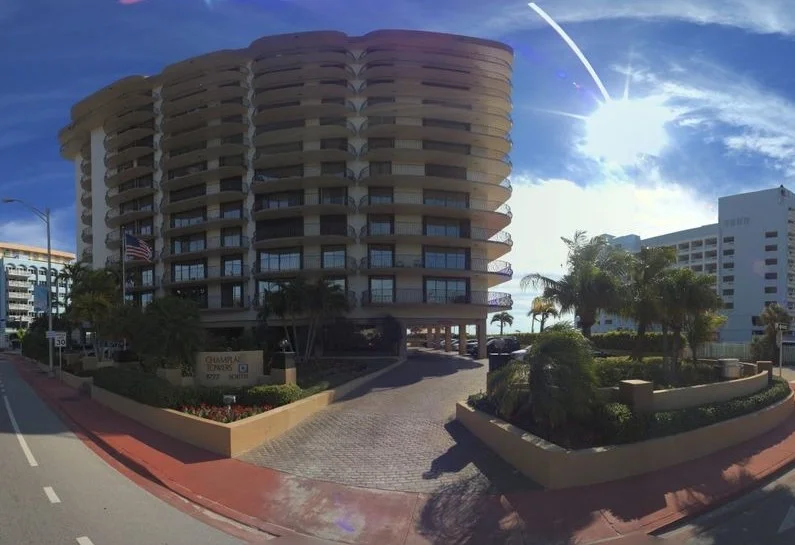
At the heart of the crisis lies the aging infrastructure of many condo buildings across the state. Built during the boom years of the 1970s and 1980s, these structures are now showing their age. Issues such as structural deterioration, outdated electrical systems, and inadequate plumbing have become increasingly common. The tragic collapse of the Champlain Towers South in Surfside in 2021 served as a grim wake-up call, highlighting the potential dangers of neglecting maintenance and repair. This devastating incident, which claimed 98 lives, spurred significant legislative action aimed at preventing such tragedies in the future.
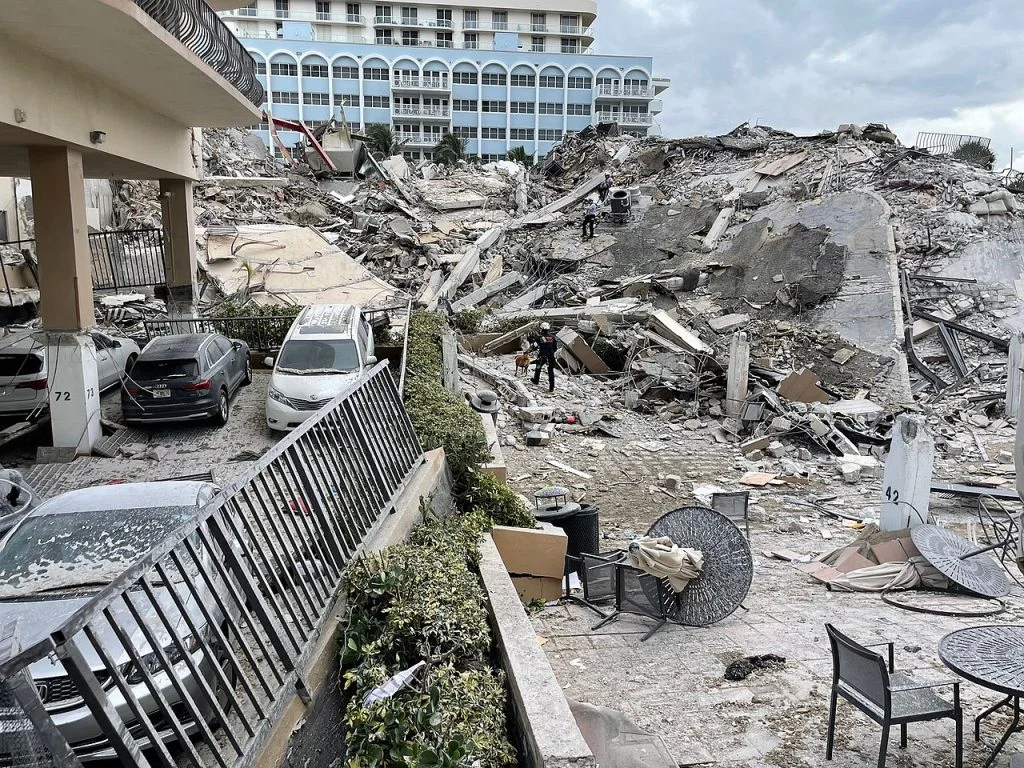
The financial burden of addressing these issues has become a significant concern for condo associations and owners. The cost of necessary repairs and upgrades can run into millions of dollars, a daunting sum for many communities. Special assessments, which are levies imposed on condo owners to cover large expenses, have become more frequent. These assessments can be financially crippling, especially for retirees and those on fixed incomes, leading to disputes and legal battles within condo associations.
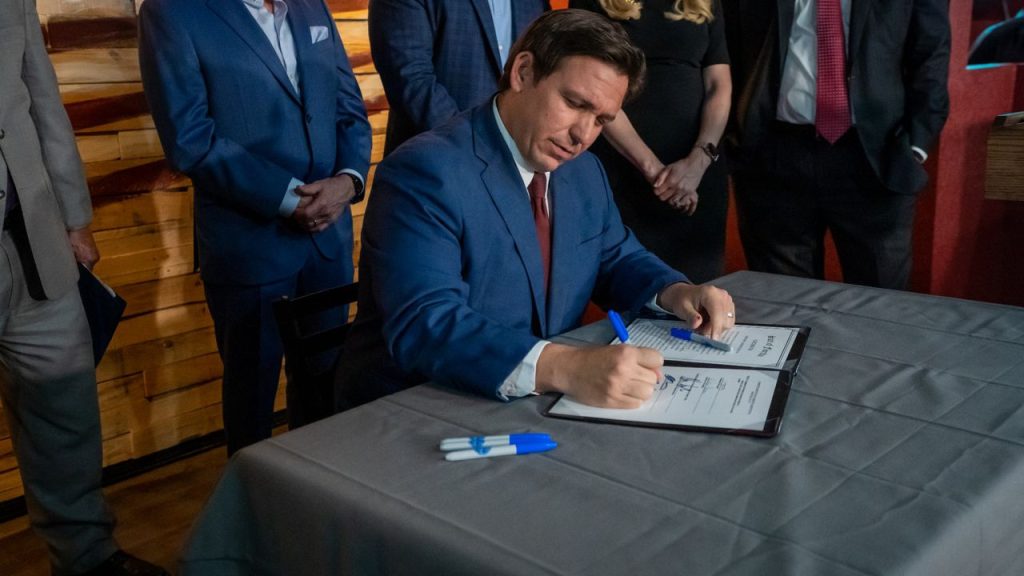
In response to the growing crisis and the Surfside tragedy, Florida Governor Ron DeSantis signed a bill that made special assessments mandatory for addressing critical repairs and maintenance in condo buildings. While the bill aimed to ensure that essential repairs are not deferred, it has also imposed significant financial pressures on condo owners. The mandatory assessments have led to widespread frustration and concern among residents who struggle to meet the increased financial demands.

Insurance costs have also skyrocketed in the wake of increased scrutiny and regulatory changes. Insurers, wary of the risks associated with aging condo buildings, have raised premiums and, in some cases, refused to renew policies. This has left some condo associations scrambling to find affordable coverage, further exacerbating the financial strain on residents.
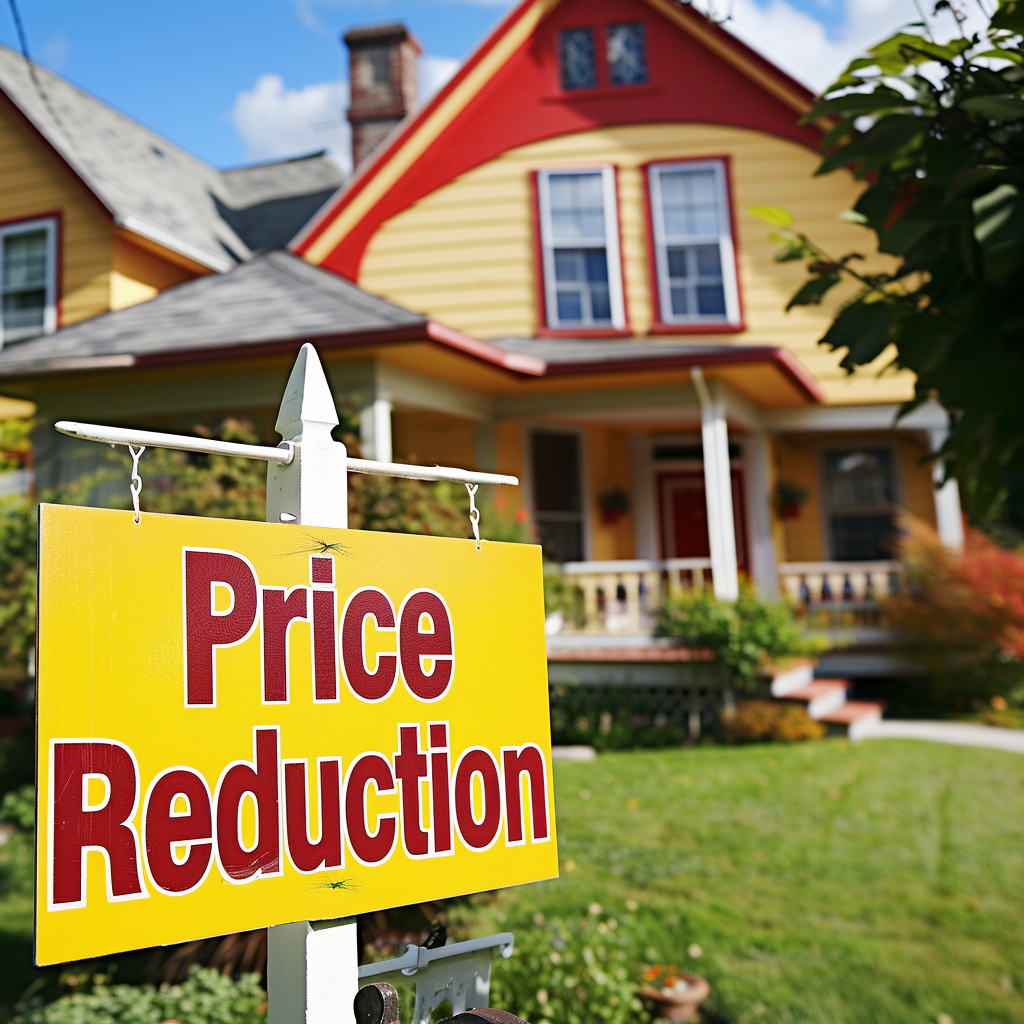
The crisis has also had a profound impact on the real estate market. Potential buyers are now more cautious, wary of purchasing units in older buildings with uncertain future costs. This has led to a decline in property values in some areas, creating a ripple effect on the broader real estate market. Sellers are finding it increasingly difficult to attract buyers, leading to a slowdown in sales and a glut of unsold units.
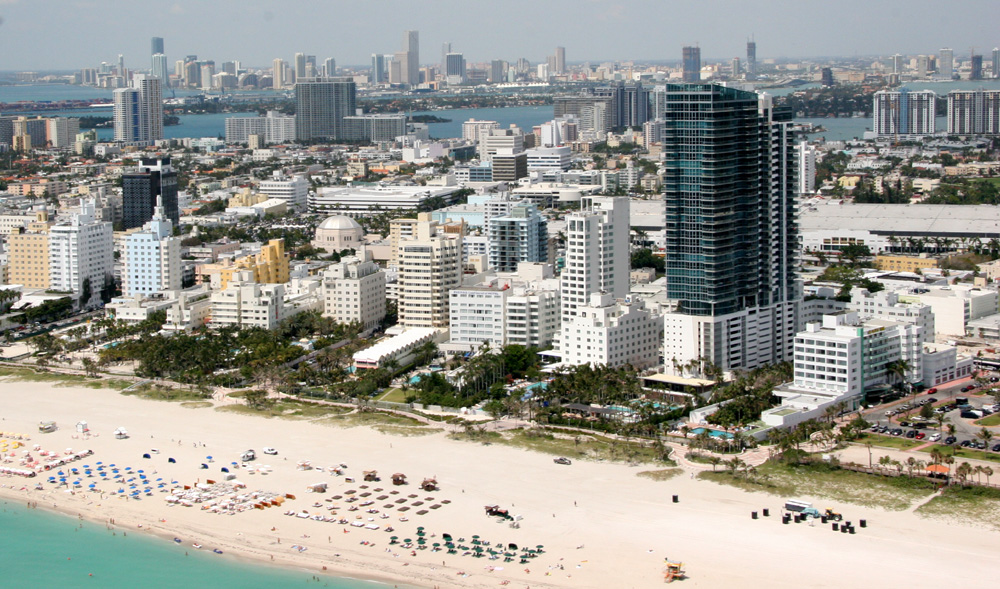
Government response to the crisis has been varied, with some localities taking proactive measures while others struggle to find effective solutions. In Miami-Dade County, for example, stricter building inspections and revised safety regulations have been implemented. However, these measures have also increased the costs and administrative burdens on condo associations, leading to further financial pressures.
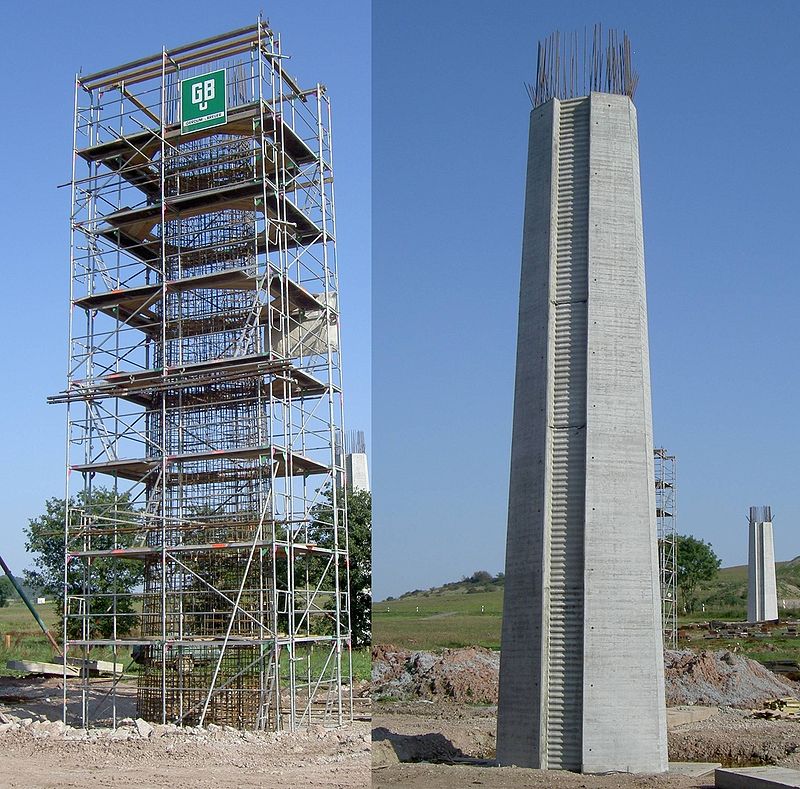
Residents’ quality of life has been significantly affected by the crisis. Ongoing construction and repair work, frequent assessments, and disputes within associations have created a stressful living environment. For many, the dream of owning a condo in Florida has turned into a nightmare of constant financial and logistical challenges.
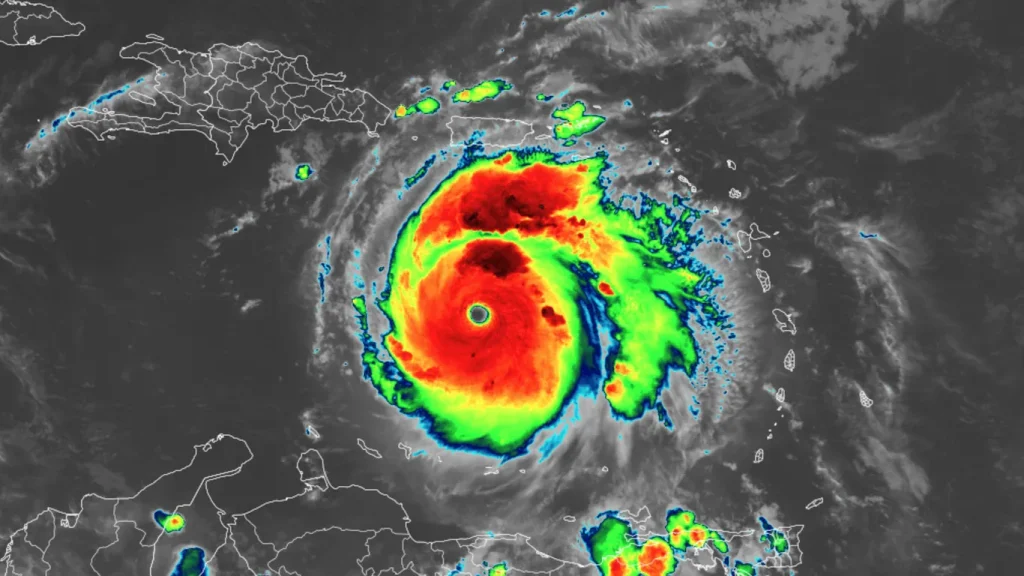
Environmental factors also play a role in the crisis. Florida’s climate, characterized by high humidity, salt air, and the threat of hurricanes, accelerates the wear and tear on buildings. Rising sea levels and the increasing frequency of extreme weather events add to the urgency of addressing structural vulnerabilities.
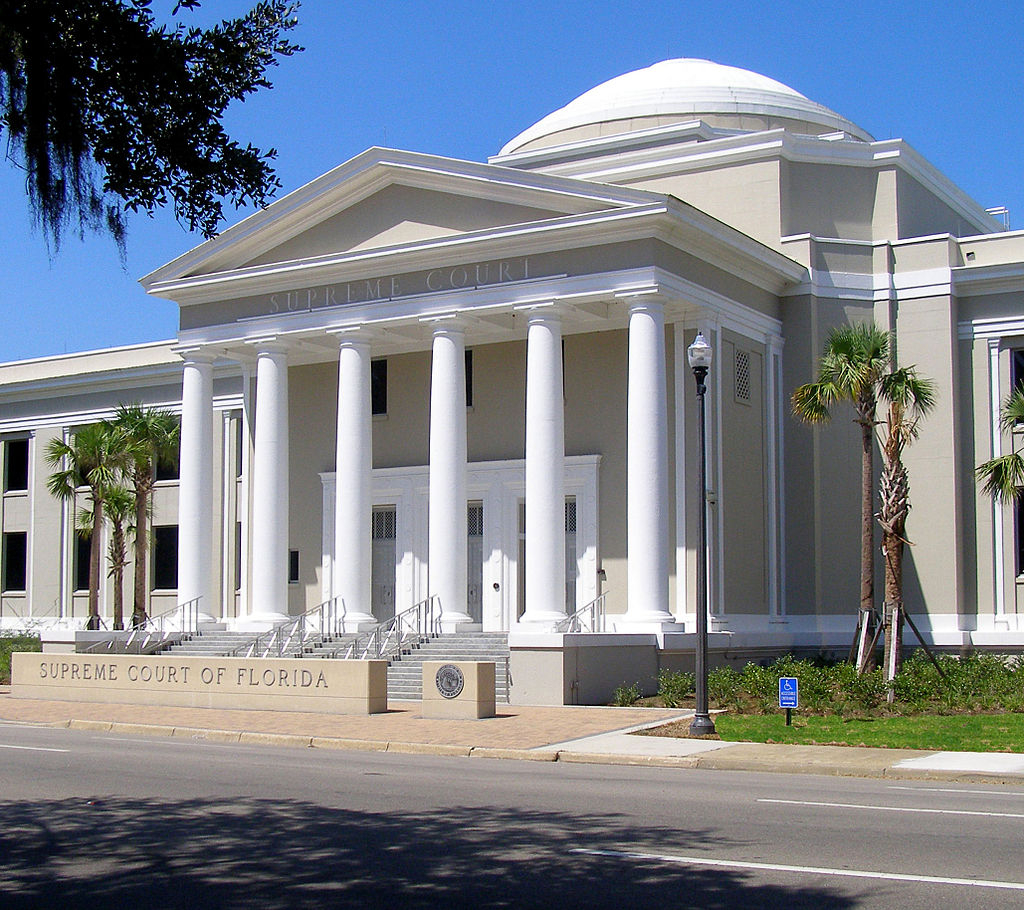
Legal complexities have further complicated the situation. Disputes over responsibility for repairs, insurance claims, and regulatory compliance have led to a surge in litigation. This not only ties up resources but also creates uncertainty and delays in addressing critical issues.
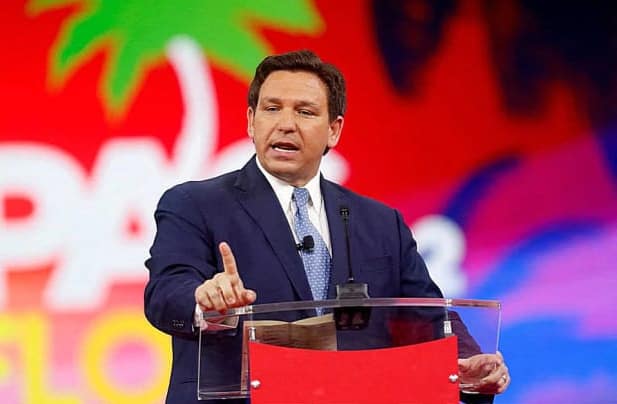
Governor DeSantis has recognized the need for a more comprehensive solution and has tasked the state legislature with finding ways to alleviate the financial burdens imposed by the mandatory assessments. Lawmakers are now exploring various options, including state-funded grants, low-interest loans, and tax incentives to support condo owners and associations in their efforts to maintain and repair aging buildings.
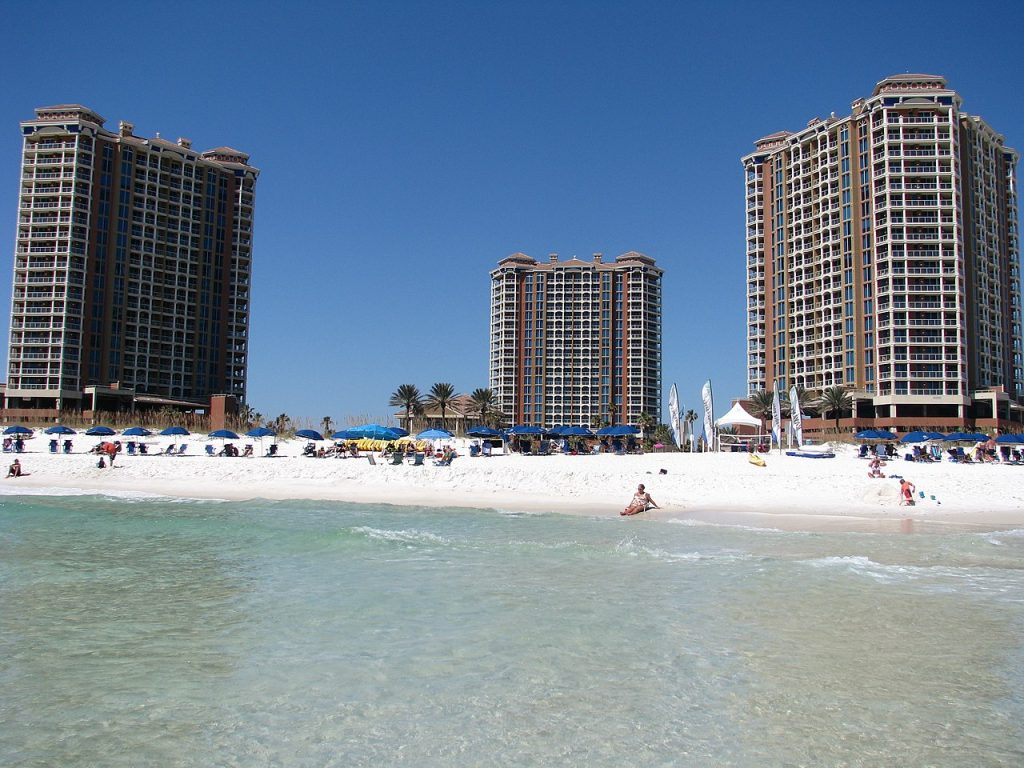
The condo crisis in Florida is a multi-dimensional problem that requires coordinated efforts from all stakeholders. Government intervention, financial support, and regulatory reforms are essential to mitigate the impact of the crisis. However, these measures must be balanced with the need to ensure the safety and well-being of residents without imposing undue financial burdens.
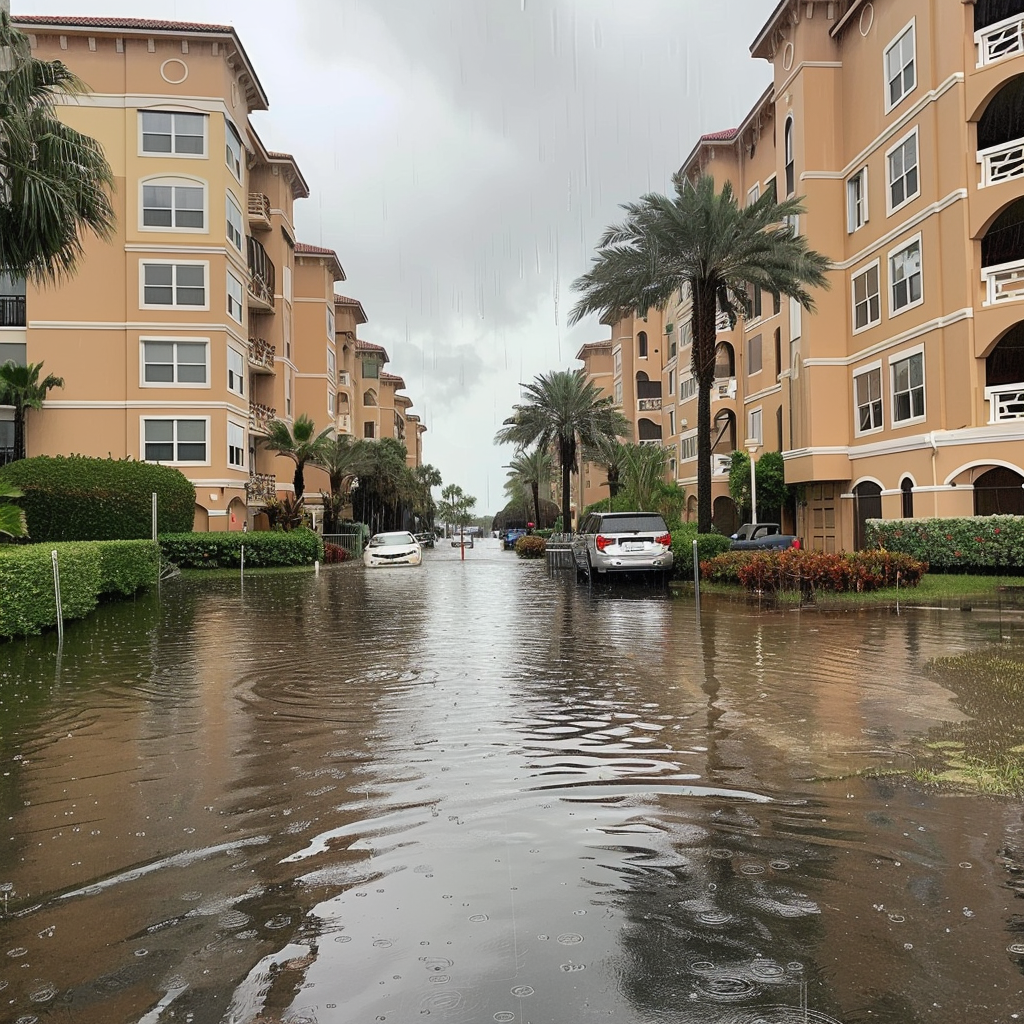
The condo crisis in Florida is a stark reminder of the importance of proactive maintenance, robust regulatory frameworks, and the need for financial planning to address the challenges posed by aging infrastructure. As the state grapples with this complex issue, the experiences and lessons learned will be crucial in shaping the future of condo living in Florida and beyond.

